- Learning time
- 30 minutes
- First play time
- 120 minutes
SHASN
Designed by: Zain Memon
SHASN – Sanskrit for regime, or throne – makes a game of the political process of electioneering: the campaign, the promises… the compromises.
The board shows a map (there’s two versions: USA or India) broken into regions that each player, as the budding politicians, will contest. Everyone starts with some support in the form of voters (wooden bits) on the board, giving you a majority in at least one region. Everyone also has their own player mat to track their resources: not the traditional stone and wood found in so many games, but the four horsecurrencies of the apocalypse: funds, media, trust, and clout. These currencies are collected at the start of every turn – we’ll come to how in a moment – and can be spent influencing voters (adding 1-3 more voters of your colour to any one region on the board) or getting conspiracies, which represent the more underhand tactics at play in an election.
If you have a majority in any region, you may also perform SHASN’s game-world equivalent of gerrymandering: moving voters into or out of the region in question, or adjacent regions. If you have a winning majority (9 of the available 17 voters, say) then you flip your voters over to show your symbol on the reverse side: this helps track who is winning in which region.
But let’s return to the start of your turn. The player on your left draws and reads an Ideology card that asks your opinion on a particular issue. It might concern internet freedom, child labour, taxes, secularism, or the language of political discourse itself. There’s a big deck of cards. How you answer – the card offers two fairly binary responses – defines two things. One is the resource reward for that turn (being pro free education for instance, might bring trust, and against it might bring funds from big businesses who like the sound of lower taxes). As the available voters are influenced by some resources more than others – and their whims constantly change – you might go with the tide and simply answer in a fashion that gets you the resources you want. Or you might just stick to your principles and build a strong following with a certain portion of the population. That’s the second thing your answers help define.
Over the course of the game, you keep every ideology card and place it under your mat. If you have two of a certain type of card, that automatically brings you more income. But having three, and then five, of the same type is where it’s at, because these trigger extra powers you can utilise on your turn: three capitalist cards (funds) for instance gives you the ability to change one resource into any two of your choice. Five supremo cards (clout) allows you to pay any resource to remove an opponent’s voter.The Showstopper cards (media) can manipulate more voters and Idealist cards (trust) give you cheaper access to resources and convert opponent voters into your own.
As the game continues these powers turn the map from a gentle curve of voter growth into a seething mass of underhanded tactics; voter manipulation and suppression, and nasty conspiracy theories flying around. Mix in the volatile areas that – when voters are placed in them – trigger headlines that may have good or bad effects, and SHASN really is a nest of snakes. And the writhing only stops when each area has a winning majority, at which point everyone counts up their winning voters (and only their winning voters – even extra votes in the same region score nothing) and the player with most votes is the winner.
The guru's verdict
-
Take That!
Take That!
Lots. As well as the fight for majorities, the conspiracies - and some headlines - can be quite nasty at times.
-
Fidget Factor!
Fidget Factor!
Actually reasonably low. The ideology cards get everyone talking and, with most players, allow for a lot of table talk verging on (if not openly embracing) heckling - fun for the right crowd.
-
Brain Burn!
Brain Burn!
Reasonably low. The objective is simple, and the ways to go about it are often defined by circumstance.
-
Again Again!
Again Again!
It really depends how you feel about two things: SHASN's theme and combative nature, and the long-ish playtime.

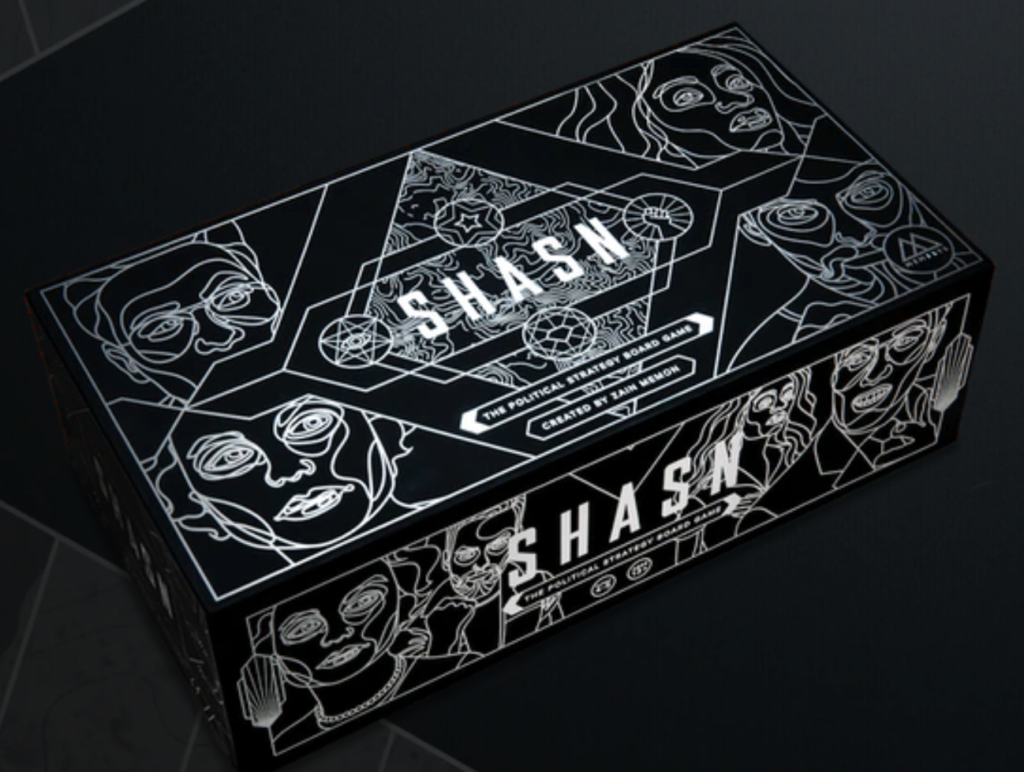









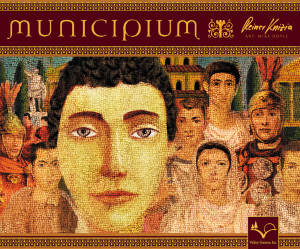
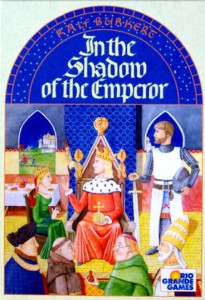
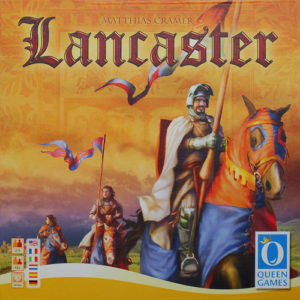
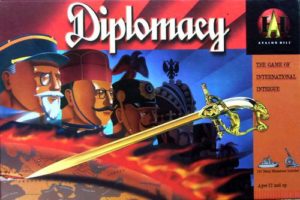

Sam says
Beautifully presented and interestingly-themed, I enjoy of SHASN despite its' flaws of which - in my eyes - there are two. The first is that the early rounds are far less engaging than the later ones; but when the later ones arrive players turns can get a little protracted, with various voters to influence and potentially flip over, gerrymanderings to undertake, conspiracies to reveal and headlines to resolve. As a result that game can run long, and it doesn't play at breakneck pace: instead slowly pummelling you in a series of swingy battles, but an attritional war. But to be fair to SHASN, the game is designed to provoke. You're meant to be pushed around - both by your competitors, and the experience itself. Although of necessity it's a massive simplification of the political process, what SHASN does really well is highlight just how ideals are constantly compromised; by need, by circumstance, by the lure of power itself. The pure idealist needs to pander beyond their base. The capitalist can't be all-business and no heart. Even the tub-thumping showstopping populist has to make concessions. As a game, it's perhaps not as elegant as it could have been. But as a talking point, as an event, it serves its purpose remarkably well - I haven't played anything else like it.